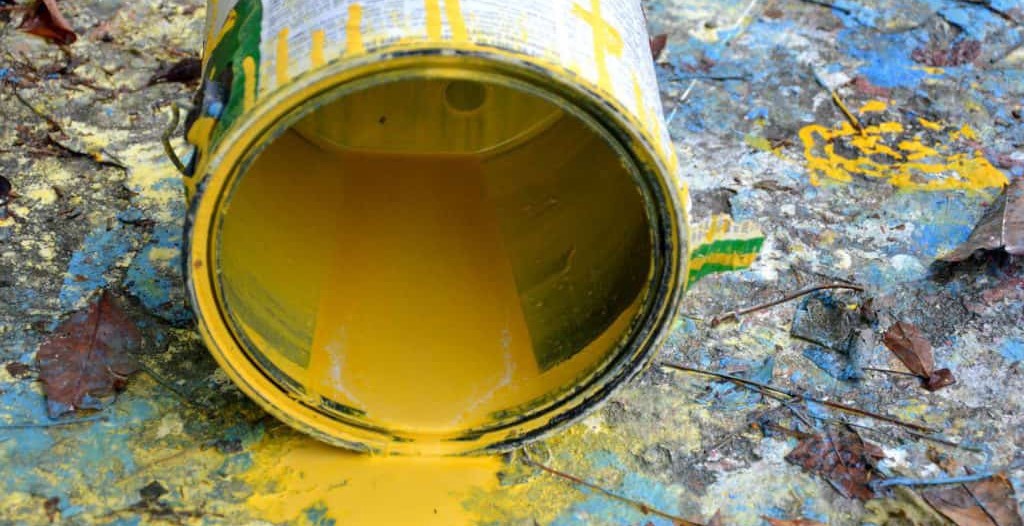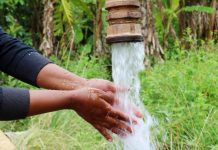Author: HILDA MHAGAMA
AfricaPress-Tanzania: ENVIRONMENTAL experts have said there is an urgent need to ban the importation and sale of lead paint since the chemical harms children’s brain growth.
The experts want the ban to be imposed to protect children’s brain development against lead and other toxic chemicals.
Agenda for Environment and Responsible Development (Agenda) Principal Programme Officer Silvani Mng’anya said as Tanzania had already set the level of lead in paint still other countries did not have legally binding lead paint regulations.
“There is an urgent need to ban the importation, distribution and sale of lead-added paints in the country. Lead is a toxic metal that causes adverse effects on both human health and the environment,” he said.
Speaking to mark the end of the 8th International Lead Poisoning Prevention Week (ILPPW), he said people could become exposed to lead through occupational and environmental sources.
According to him, more than three quarters of global lead consumption is for the manufacture of lead-acid batteries for motor vehicles.
However, lead is also used in many other products, for instance, pigments, paints, solder, stained glass, crystal vessels, ammunition, ceramic glazes, jewellery and toys.
Lead is a naturally occurring toxic metal found in the earth’s crust. It is a cumulative toxicant that affects multiple body systems and is particularly harmful to children.
Its widespread use has resulted in extensive environmental contamination, human exposure and significant public health problems in many parts of the world.
The World Health Organisation (WHO) has identified lead as one of 10 chemicals of major public health concern, needing action by member states to protect the health of workers, children and women of reproductive age.
Agenda Senior Programme Officer Dorah Swai said the organisation believed efforts from all relevant regulatory bodies such as Tanzania Bureau of Standard (TBS), Government Chemist Laboratory Authority (GCLA) and National Environment Management Council (NEMC) and in the EAC sub-region will hasten the elimination of lead paint.
Ms Swai said ILPPW marked last month aimed at drawing attention to the health impact of lead exposure, highlight efforts made by countries and partners to prevent childhood lead exposure and accelerate efforts to phase out the use of lead in paint.
“The focus of this year’s Week of Action is on a need to accelerate progress towards the global phase-out of lead paint through regulatory and legal measures,” she explained.
According to the United Nations Environment Programme (UNEP), the manufacture and sale of lead paint are still permitted in over 60 per cent of countries, presenting a continuing and future source of lead exposure to children and workers.
The focus of this year’s Week of Action is on the need to accelerate progress towards the global phase-out of lead paint through regulatory and legal measures.





